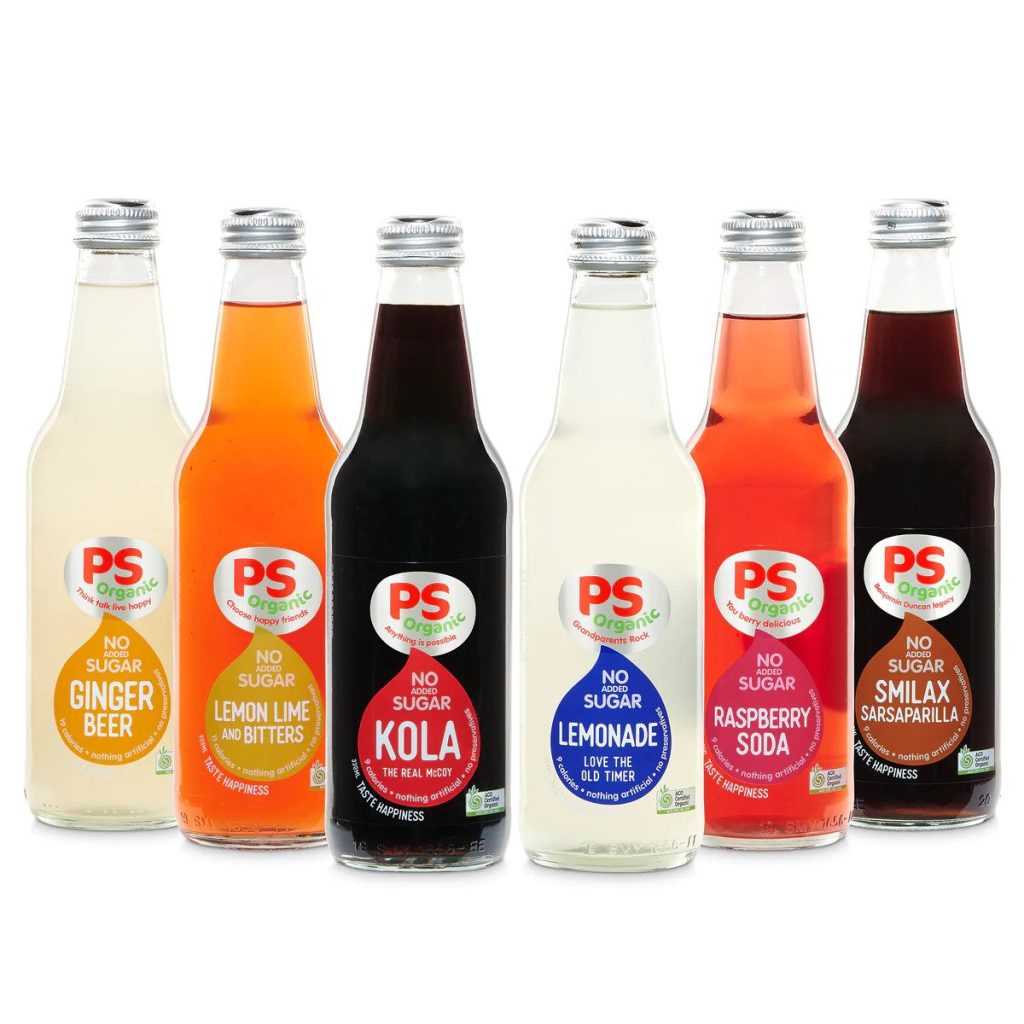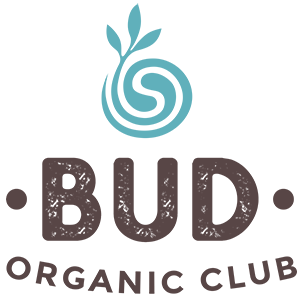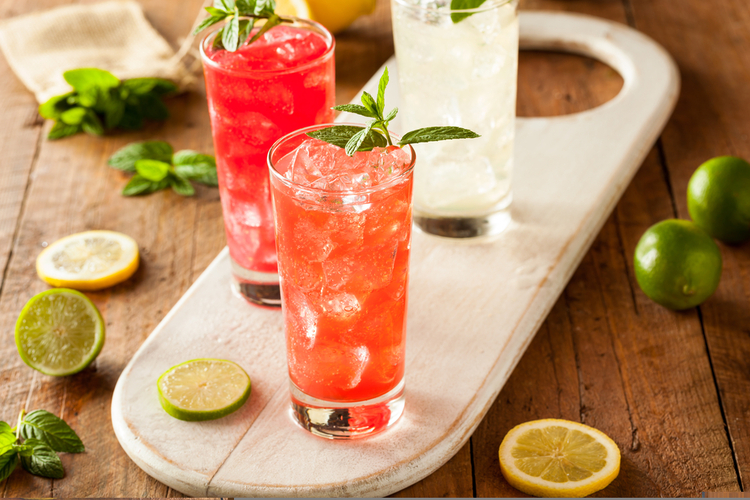Summer is in full swing, and what could be more refreshing than a sparkling soft drink to quench that thirst? Unfortunately, non-organic soft drinks are notoriously bad for us and often packed with sugars, artificial colours and flavours [1].
For this month’s blog, we take a look at organic soft drinks to determine whether they can be considered healthy for organic consumers.
What are organic soft drinks?
Organic soft drinks are made from ingredients produced by organic farming practices. They don’t contain artificial preservatives or colours and are typically lower in sugar or sweetened naturally.
These soft drinks are often coloured through natural beetroot or raspberry juice to give that lustrous red colour; an added bonus of these ingredients are the adjoining vitamins and minerals that boast a high nutritional value.
Organic soft drink contains on average less sugar than non-organic drinks. Many organic soft drinks like kombucha and kefir are naturally effervescent with gut loving bacteria. Consuming drinks with such probiotics may help support a healthy gut microbiome, not to mention the great taste!
Water is often one of the main ingredients within soft drinks. Certified organic products monitor chlorine and fluorine levels within the water to ensure that all parts of the product conform with organic regulations.
What do the ingredients in conventional soft drinks mean for my health?
Some consumers may think that non-organic diet soft drinks are a better option for their health given the low-calorie content.
However, certain diet drinks contain aspartame, otherwise known as ‘sweetener 951’. Aspartame has been linked to learning issues, headaches, seizures, anxiety, depression and insomnia[1]. A large-scale populations study suggested a connection between artificial sweeteners and an increased risk of cancer[2] and cardiovascular disease[3].
If this isn’t enough, your non-organic soft drink may also be loaded with phosphates for that signature tart flavour. This also results in a higher amount of sugar use, with some sodas loaded with 10 tablespoons per can, equivalent to over 100% of your recommended dietary intake. Phosphoric acid interferes with the absorption of calcium and is linked with osteoporosis, softening of teeth and bones and chronic kidney disease [2].
Take another look at the ingredients list, and in addition to all the odd chemical numbers, you might see sodium benzoate. This is a preservative that is linked to cancer, inflammation promoting cancer development[4], ADHD[5], appetite stimulation and cravings[6], oxidative stress[7] and allergies[8]. Sodium benzoate is not allowed in organic products! The shorter shelf life of organic products is well worth it when you consider the health risks you’re avoiding.

What about the price difference?
Some of the factors which contribute to the high price of organic soft drinks are diverse, but for good reason! The organic industry works closely with Fairtrade and has other mechanisms to ensure small scale farmers in developing countries receive reasonable prices for their products through organic group certification schemes. Organic certification and the less intensive yet sustainable production methods may increase the cost of raw ingredients within soft drinks, while the shorter shelf life and additional traceability requirements of organic products are both factors when it comes to price. While you may be paying more at the checkout, you’re making a decision with your long-term health in mind.
Our opinion is that if you are going to enjoy an occasional soft drink, you should look for the trusted Bud logo and choose organic for your health and wellbeing!
Organic Soft Drink Glossary
Aspartame – An intense sweetener added to low-energy or sugar-free foods, regarded as 200 times sweeter than sucrose (table sugar).
Osteoporosis – A condition in which bones become weak and brittle. Often undetected until a bone breaks; usually a bone in the hip, spine or wrist.
Oxidative stress – An imbalance of free radicals and antioxidants in the body, which may lead to cell and tissue damage.
Sodium benzoate – A common preservative added to artificial sodas, packaged foods and personal care products to preserve shelf life. Other uses include as an additive to deter corrosion in engine coolant, and as a stabiliser in photo processing.
References
[1] Available at: https://pubmed.ncbi.nlm.nih.gov/28198207/
[2] Available at: https://journals.plos.org/plosmedicine/article?id=10.1371/journal.pmed.1003950&fbclid=IwAR3spOf5820d3PeW0i1wBgRmXp4Vq1cduEc0RjUjohzJWgl2A0eWRMevZEM
[3] Available at: https://www.bmj.com/content/378/bmj-2022-071204
[4] Available at: https://pubmed.ncbi.nlm.nih.gov/28229641/
[5] Available at: https://pubmed.ncbi.nlm.nih.gov/22538314/
[6] Available at: https://pubmed.ncbi.nlm.nih.gov/21801469/
[7] Available at: https://pubmed.ncbi.nlm.nih.gov/24693251/
[8] Available at: https://pubmed.ncbi.nlm.nih.gov/15491435/


